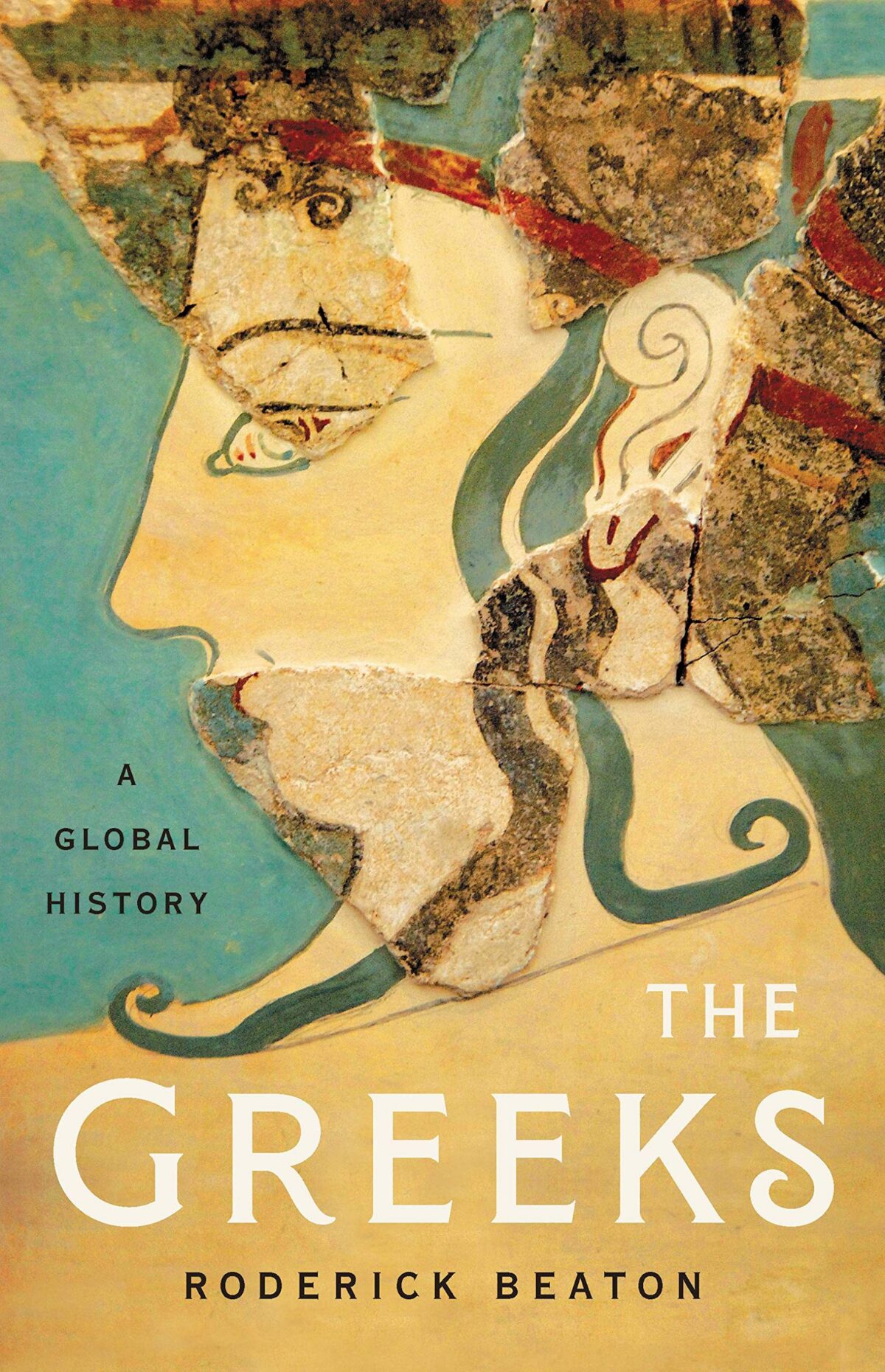Beaton, Roderick. The Greeks: A Global History. New York: Basic Books, 2021.
One always has to be a bit careful when reading popular histories of Classical civilizations. Between the hagiography of Greece and Rome as the intellectual foundations of “Western” civilization to the specific inspirations for America’s form of governance to obsessions with the military might of Rome and Sparta before it, these histories can be a veritable minefield of subconsciously and even explicitly racist and even proto-fascist propaganda for what is supposedly the greatest civilizational family in world history. The promise of a wide-reaching, “global history” of the Greek people from Roderick Beaton, however, tempted me into some hopeful optimism. I’m happy to say my hope was well rewarded with the delightful The Greeks.
Beaton’s work is, first and foremost, a spectacularly readable and approachable work of history. The Greeks reads like a book half its length, even while its analysis both highlights cutting edge historiography and provides ample context for even the most uninitiated of readers. Beaton’s narrative proceeds in fairly standard fashion for most of his work, giving the best overview that I have yet read of the history of Greece from the Late Bronze Age Minoans and Mycenaeans all the way through to the fall of Constantinople to the Ottoman Turks in 1453. Here, however, is where The Greeks truly comes into its own. Not only does it continue to sally forth with just as much historical aptitude into by far the least-known five-plus centuries of Greek history (extending up to the present), it does so in the same volume. This allows for a brilliant long-term discussion of what it has meant to be Greek across almost four millennia, how that identity has been defined and differed from more modern senses of nationalism, and how this whole tradition has been referred back to at different stages to create the next iteration of Greek-ness.
All that said, The Greeks is not entirely without its own pitfalls, though most of them are admittedly minor. Longtime readers of Concerning History know that I can be exacting when it comes to claims of writing global history, and The Greeks unfortunately falls prey to the all-too-common tendency to mention other parts of the world and then call itself “global.” While Beaton certainly does emphasize the regional impact of Greek culture, especially in the Hellensitic era following the conquests of Alexander the Great, he only really mentions wider world developments in passing, and his claims that the Peloponnesian War was the first “world war” will fall flat for any reader even passingly familiar with the ancient Mediterranean and Near East. While it’s impossible to cover absolutely everything in a work of this scope, Beaton also overlooks or elides certain details that would seem to fit right into his narrative. The current academic debate about the nature of hoplite warfare in ancient Greece is ignored in favor of Beaton’s themes of political citizenship, and the widespread demand for Greeks as slaves is left out of the discussion of the influence of Greek culture in the Roman Empire. Other events are simplified to the point of being not quite correct, like his failure to mention that the renewed Persian assault on Eastern Rome in the sixth century was conducted in coordination with Eastern Rome’s Ostrogothic enemies.
By and large, though, these do not break The Greeks’ analysis. At most, they can together form a slight bias towards the glories of Greek civilization that even Beaton is unable to entirely escape, but thankfully this never crosses the line from respect into the outright worship of other, less historically responsible authors. The Greeks remains an outstanding work of history, one that has quickly become one of my core recommendations for understanding not just the ancient world but the modern one which has risen from it. Whether for the practiced ancient historian, the interested novice, or even classrooms from middle school to college, I cannot recommend it highly enough.
